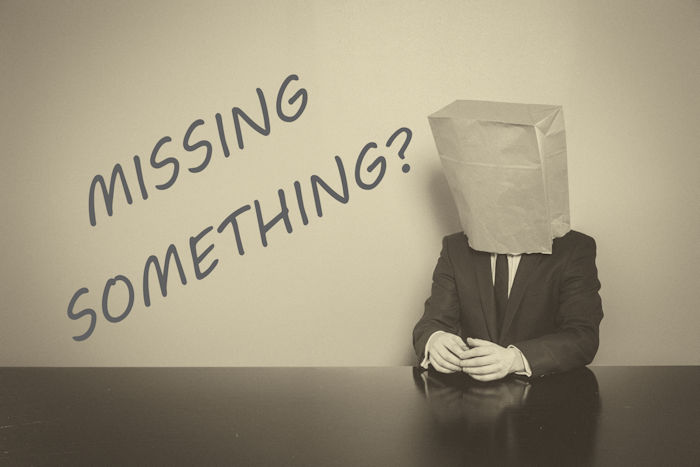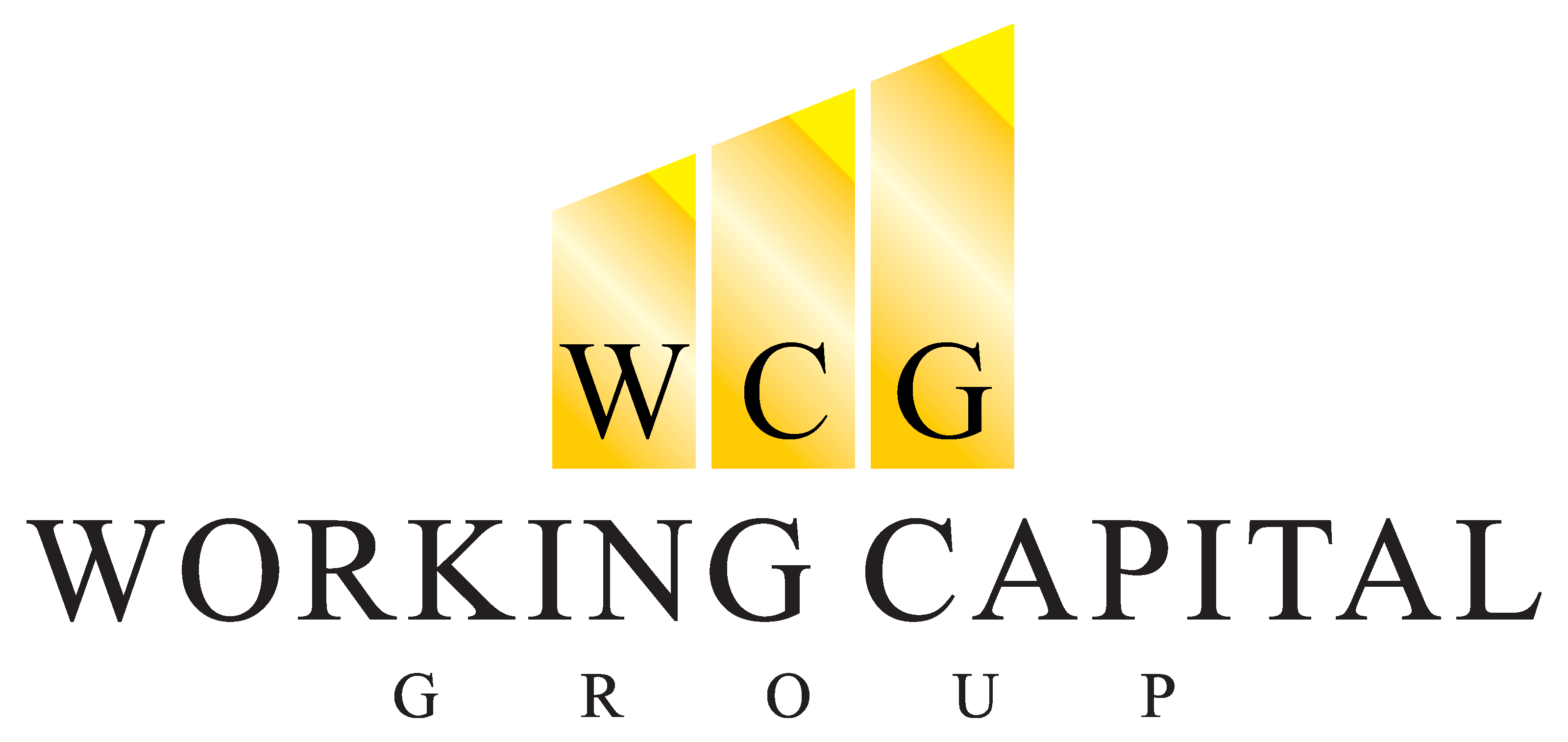How Do I Get a Business Loan With Bad Credit?
As a small business owner, you face a lot of tough questions: If I don’t move enough inventory, how will I make payroll this month? Should I ask for funding help? How do I get a business loan with bad credit? It’s not always easy to find the answers. Our guide will walk you through potential solutions for getting small business loans with bad credit. We’ll look at how credit scores fit into the lending process, identify possible loan options, and cover how you can get your credit score back in shape.
Before we can answer our key question, “How do I get a business loan with bad credit?” we’ll review how credit scores work and how they may affect a loan application.
What Is a Credit Score?
Your credit score is a three-digit number that represents how safe you are as a borrower. It’s based on how you managed your loans, credit cards and other debts in the past. Your score goes up when you take positive actions, like paying your bills on time, and goes down when you take negative actions, like missing a payment due date or maxing out your credit cards.
While there are a few different types of credit scores out there, the most common is called FICO. FICO scores range from 300 to 850, the higher the score the better. According to Experian, a good FICO score starts at 670.
You have a personal credit score for your personal finances. If you take out a credit card or loan under your business name and tax ID (EIN), you build a business credit score as well.
How Traditional Lenders View Credit
According to MyFICO, roughly 90% of U.S. lenders consider credit scores when you apply for a loan. It’s one of the most important criteria for whether you’ll receive financing and at what rate.
With a high score, not only are you more likely to qualify for a loan, but you could also receive a better interest rate so your monthly payments are lower. If you have a lower score, the traditional lender may charge you more to borrow, require you to put up more assets as collateral, or even deny you a business loan altogether.
The minimum credit score for a business loan ultimately depends on the lender, the amount you’re trying to borrow, the type of loan you’re taking out, and whether you’re putting up any collateral. While there’s no exact requirement, you’ll likely need a credit score at least in the Experian good range (670 to 739) to qualify for a business loan with a traditional lender. You may need an even higher score, especially if your business is relatively new.
Getting a Business Loan With Bad Credit
Traditional lenders use a pretty strict approval process and don’t have much flexibility over who they can accept. As a result, qualifying for their business loans could be difficult if you don’t meet their credit standards. But there are other types of lenders who look at factors beyond your score.
Alternative or online lenders
When you have bad credit but need to borrow, you could work with an alternative or online lender. They are not as concerned about credit as traditional lenders. For their approval process, they are more focused on whether your business has a track record of revenue. If you can prove that revenue, these companies could offer business loans ranging from $5,000 to $500,000, even with a weak credit score.
Secured loans
Another way to raise money is to take out a secured loan. These loans are backed up with a valuable piece of property or your client revenue, so they are safer for the lender. Some of these loans include:
- Asset-backed loans: You borrow money and the loan is backed up by your equipment, machinery, real estate or some other valuable asset. If you don’t pay the money back, the lender could take the asset.
- Invoice factoring: With factoring, you trade your unpaid invoices for a cash advance. The financing company then collects the payment from your customer and deducts a fee before sending you the rest of your earnings.
- Merchant cash advance: If your business accepts payment by credit and debit card, the lender gives you money upfront based on your expected sales. In exchange, they take a percentage of your future card transactions.
Tap into your personal network
If your friends or family members believe in your business, they may be willing to lend as well. Since they aren’t professional lenders, they may skip a formal application process, including checking your credit score. This easy application is convenient but also risky because you could lose your personal relationships as well as the money.
Of the three methods, alternative/online lenders are the least complicated way to take out a business loan with a weak credit score. You keep your personal and business lives separate, plus you don’t have to put up any of your business assets as collateral.
What’s the Loan Application Process?
When you work with an alternative lender to set up a bad credit business loan, the process is similar to applying with a good credit score, but it’s usually faster and more straightforward. While each lender will have its own specifics, the general process looks like this:
1. Fill out an online application
The application will ask for your contact information, how long you’ve been in business, and your annual sales.
2. Speak with a loan specialist
You’ll make an appointment with the alternative lender to discuss your financing needs. The specialist will go over the information you submitted to figure out how much you could potentially borrow based on your business revenue, and what type of loan makes the most sense. During this time, you should mention you have a weaker credit score and they will consider this for their recommendation.
3. Provide any supporting documents
The lender may need you to submit some documents to verify the claims in your application, such as your last few months of bank statements to prove your typical revenue.
4. Wait to hear the lender’s decision
Alternative lenders can make a decision on their loans in as little as 24 hours. If you qualify, you’ll see what they offer, including how much you can borrow and what the repayment schedule will look like.
5. Collect your loan proceeds
Once you accept the loan offer, the lender will send your business the money and you’ve completed the process. By paying off this business loan on schedule, you’ll improve your credit score.
There is no fee to apply with an alternative lender and no obligation to accept the loan offer. You could see whether you qualify and if you aren’t happy with the terms, you can walk away. This is a much faster process than applying with a traditional lender. Traditional lenders typically take weeks or months to process a small business loan application and you’ll need to provide more supporting documents, like your business plan, tax returns, proof of collateral and business legal documents.
You’ll put in time and effort applying for a loan you may not even qualify for. With alternative lenders, you’ll at least get a decision quickly so you can see whether financing is possible with your credit score.
Types of Bad Credit Loans
There are a few different types of bad credit loans available. When you apply, you’ll talk with a loan specialist about what could be the best fit for your situation. To get your research started, here’s what could be available.
Unsecured loans
With unsecured business loans, you don’t put up any assets for collateral. The lender is taking on more of a risk because you aren’t backing up the loan with anything. As a result, qualifying can be a little more difficult when you have bad credit but is still possible with an alternative lender.
These loans are useful for short-term cash flow and working capital needs, like managing payroll or restocking inventory. The interest rates can be higher than loans backed up with collateral, so aim to pay them back as quickly as you can. A daily repayment schedule will help you pay less interest over time. Plus, alternative lenders do not charge a penalty when you pay off these loans ahead of schedule.
Collateralized loans
Collateralized loans are secured with some sort of property, like your business equipment and machinery. These loans typically charge a lower interest rate than unsecured loans. You could use these loans to buy a new piece of equipment, known as equipment financing. Or if you already own the asset and need cash, you can borrow money and secure the loan with the asset. The lower interest rate may be appealing, but remember that your property will be at risk.
Loans for women-owned businesses
Women-owned businesses could be eligible for certain loan benefits and support through government organizations like the Small Business Administration and alternative lenders. If you’re a female business owner and want to borrow with bad credit, be sure to reach out to a lender that regularly sets up loans for women-owned businesses, as they will understand your unique challenges as well as the available benefits.
Line of credit
With a line of credit, you have the option to borrow repeatedly. You borrow against the credit limit, pay the money back, and then borrow again. Qualifying for a line of credit can be difficult if you have a bad credit score since they commonly come from traditional lenders. Your best bet is to set one up when your credit situation is good, then you can continue to use it even if your score drops in the future.
Veteran business loans
Veterans are also eligible for special government programs thanks to their service to the country. If you’re a veteran, look for a lender that helps veteran-owned businesses get the financing they need, even with bad credit.
5 Ways to Improve Your Credit Score
Now that you know how to get a business loan with bad credit, let’s focus on increasing your chances of qualifying. Whether you apply for a loan from an alternative lender, a traditional lender or someone else, use these tips to improve your credit score ahead of time.
1. Check for mistakes on your credit report
Your less-than-ideal credit score for a business loan may not be your fault. CNBC reported that about one in five American consumers has a “potentially material error” on their credit report. There could be a mistake like a supplier claimed you never paid them even though you did, or the rating agencies confused your name with someone else and accidentally put their missed bills on your report.
Pull up your credit reports from the rating agencies: Equifax, Experian, TransUnion and Dun & Bradstreet. Read through everything to see if the information is accurate. If not, you can file a dispute with the rating agencies, explaining the error and showing evidence why it’s wrong. They need to investigate and if it’s a mistake, they will fix it. Don’t let someone else’s error get in the way of your business financing.
2. Pay your existing debts on time
When the rating agencies calculate your credit score, the most important factor is whether you make your monthly payments on time. If you have credit cards or loans, make at least the minimum payment each month as every on-time payment adds points to your score. On the other hand, missing just one will cause your score to plummet.
3. Don’t max out your cards
Another way to improve your credit score for a business loan is by not maxing out your credit cards. The rating agencies look at the ratio of your total credit card debt versus your borrowing limit. The closer you are to the limit, the worse your score will be. Borrowing money with a cash flow business loan could let you pay off your credit cards so your score goes up.
4. Ask vendors to report to your credit agencies
Building a credit history can be a Catch-22 with a bad score. You typically need to make payments on a loan or credit card to improve, but you might be blocked from borrowing because of your score. If you need another way to build credit, ask your vendors whether they can report your payment history to the rating agencies. This would show that you pay your bills on time and will establish credibility with lenders.
5. Open a business loan or credit card to build history
If you’d like to borrow money under your business name, it needs its own credit score separate from your personal finances. By taking out a business credit card or loan under your business tax number (EIN), you’ll build your business credit.
While a bad credit score makes it more difficult to take out a business loan, it’s still possible. As long as your business is earning money, has a clear plan for investing the funds, and you’re working hard to fix your credit, then the right lender will work with you.
This content was originally published here.



